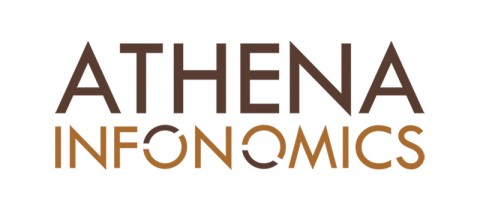Purpose
To improve household access to financing products for toilets in the low income urban communities (LIUCs).
Activities
Ghana’s low access to adequate and safe compound sanitation signals a need for sanitation financing. It also suffers from an over-reliance on unhygienic public toilets, open defecation and inappropriate disposal of feces. WSUP is therefore implementing a citywide sanitation project using a holistic approach. It aims to improve sanitation outcomes under USAID’s Sanitation Service Delivery Program.
Images

Image: Ghana Sanitation Financing
Countries of activity
Location of main activity
Objectives
Athena’s study aimed to improve household access to financing products for toilets in the low income urban communities (LIUCs). It focused on providing micro-finance institutions (MFIs) a clear understanding of the most suitable customer segments for their toilet loan product. It also provided insights on cost incurred by households in accessing toilet loans and capture their perceptions of an ideal toilet loan.
Further information
Client: Water & Sanitation for the Urban Poor (WSUP)
Contact information
Chris Elliott
Login to see the e-mail-adress of the contact person.
Filter tags
Market development Other philantropist foundation Peri-urban Politicians and local decision makers Practitioners Private sector, including social enterprises Specific to one or several countries Sub-Saharan Africa Toilets or urinals (user interface) Urban informal settlements (slums)
Links
Athena Infonomics
Rockville, MD
United States
Uploaded by:
Chris Elliott (cdcelliott)















